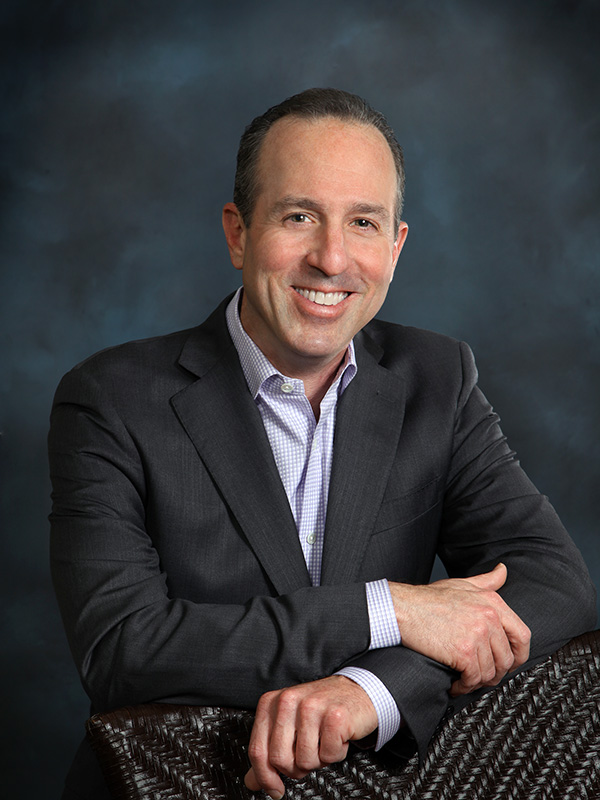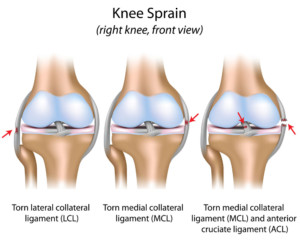MCL Tear Specialist

Are you an athlete who participates in contact sports, or jumping and landing? If so, you may be at risk of tearing your MCL. An MCL injury can be sustained during an awkward landing in athletic activities, dirt biking injury or from a tackle in football. MCL tear specialist, Dr. Mark Getelman provides diagnosis and both surgical and nonsurgical treatment options for patients in Los Angeles who have developed an MCL tear. Contact Dr. Getelman’s team today!
Medial Collateral Ligament Tear (MCL Tear) Overview
Located on the inside of the knee and extending from the end of the femur (thigh bone) to the top of the tibia (shin bone), the medial collateral ligament (MCL) provides side to side stability to the knee joint. An MCL injury can occur when the outside of the knee experiences a direct blow, causing the knee to cave in. San Fernando, Conejo Valley and greater Los Angeles, California patients that have experienced an MCL injury are encouraged to contact Dr. Mark Getelman for an orthopedic consultation. Dr. Getelman is a knee specialist fellowship trained and highly experienced at treating knee injuries, including an MCL tear.
An MCL injury can be sustained during an awkward landing in athletic activities, dirt biking injury or from a tackle in football. Medial collateral ligament injuries can range from a simple stretch to a complete MCL tear. Physicians classify these injuries into three grades:
- Grade I: An incomplete tear where the MCL is stretched by still intact
- Grade II: A partial (incomplete) tear of the ligament
- Grade III: A complete MCL tear
MCL Injury Symptoms
The hallmark sign of an MCL injury is knee pain. Patients often experience bruising and swelling along with the pain. In severe cases of an injury to the medial collateral ligament, the joint may feel is wants to give out or feel unstable when walking or weight bearing.
MCL Injury Diagnosis
Dr. Getelman will obtain a history of the injury, perform a thorough physical examination and utilize a variety of tests to check joint mobility, strength and level of pain. He may also perform X-rays and/or an MRI to view the injured medial collateral ligament in more detail and confirm the diagnosis.
MCL Injury Treatment
Non-Surgical
Most cases of an MCL injury are treated with a non-surgical approach. Many injuries will heal with a combination of rest, bracing, activity modification and physical therapy. A physical therapy program is typically recommended to help regain strength and mobility to the injured knee. A brace may be encouraged in some patients to support and protect the knee as it heals.
Surgical
An MCL reconstruction is occasionally needed in more severe injuries involving an MCL tear or an associated meniscus injury. Dr. Getelman may be able to stitch the medial collateral ligament back together or to the bone but in many cases a reconstruction is needed with a graft. The reconstruction technique reinforces the knee and allows Dr. Getelman to repair the MCL along with other damaged structures in the joint. If the ligament is damaged beyond repair, he may opt to use a graft, either from the patient or a cadaver.
For additional information on the medial collateral ligament, or for more resources on an MCL injury or MCL tear, please contact the orthopedic office of Dr. Mark Getelman, knee specialist located in the Van Nuys, Westlake Village, Thousand Oaks and Los Angeles,, California communities.

